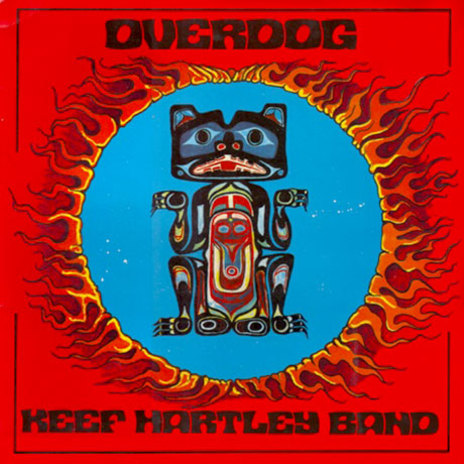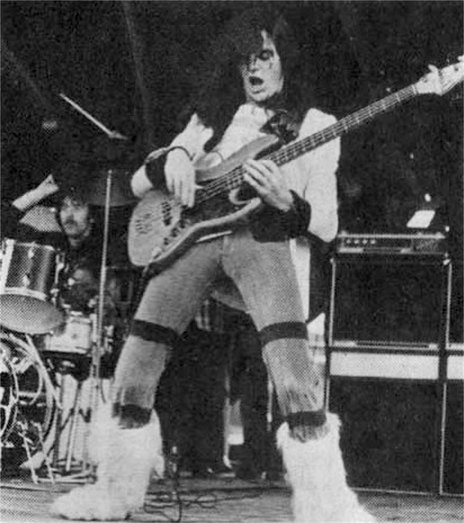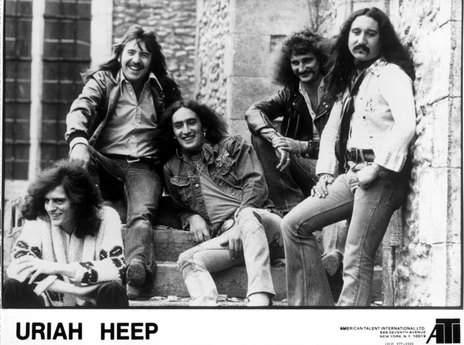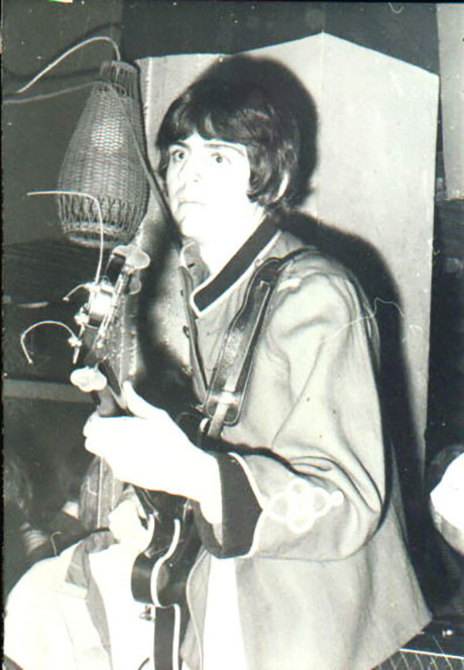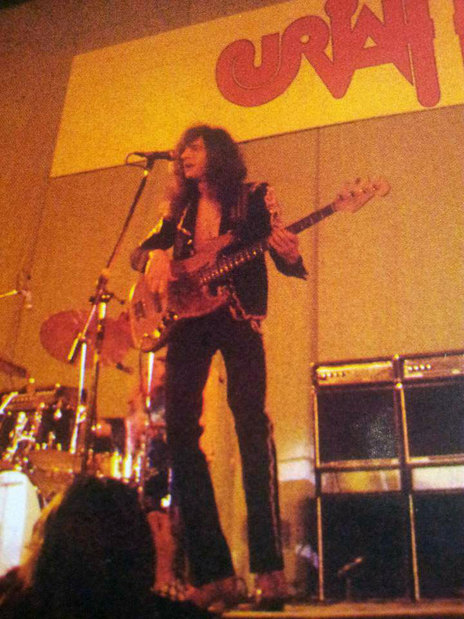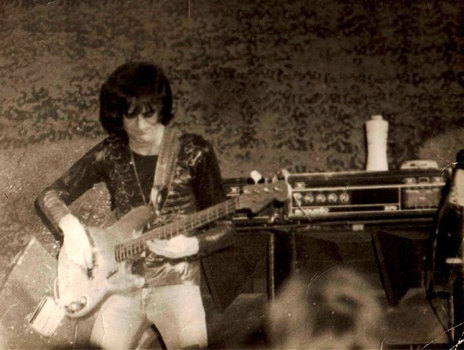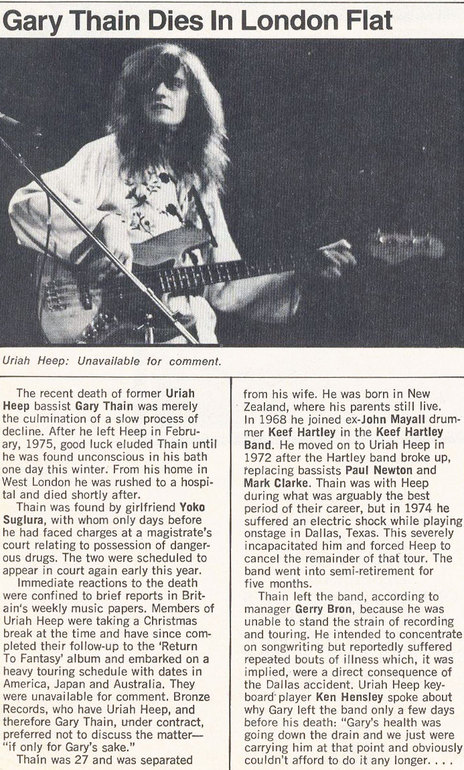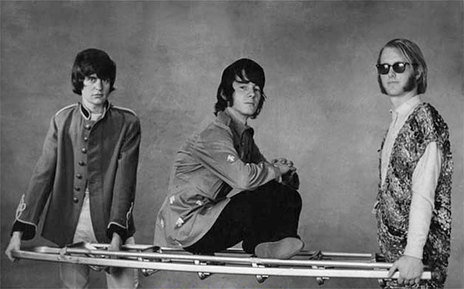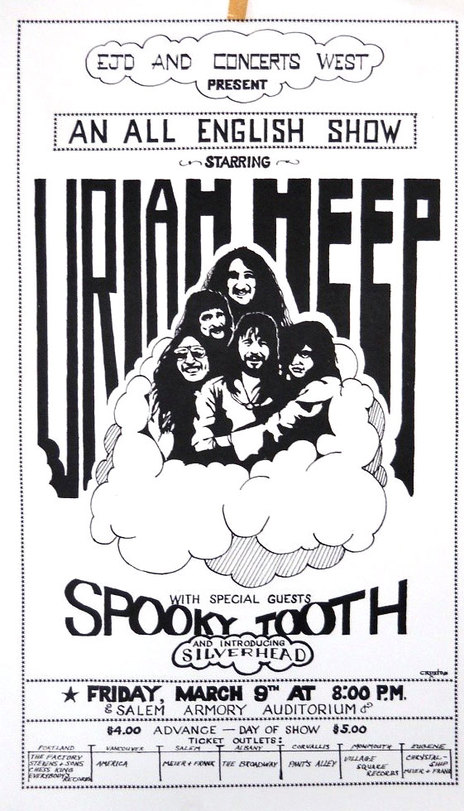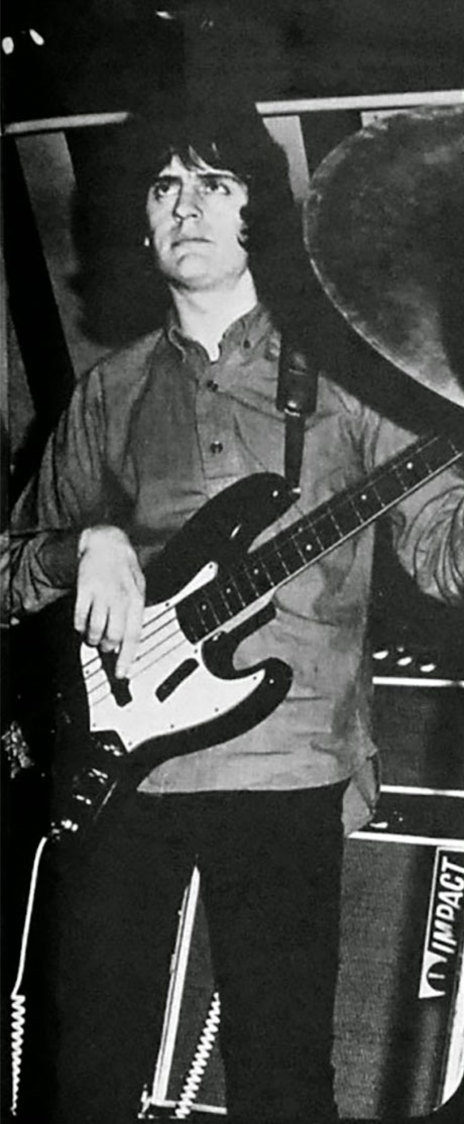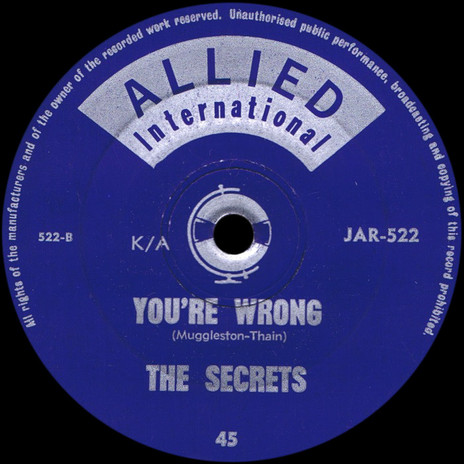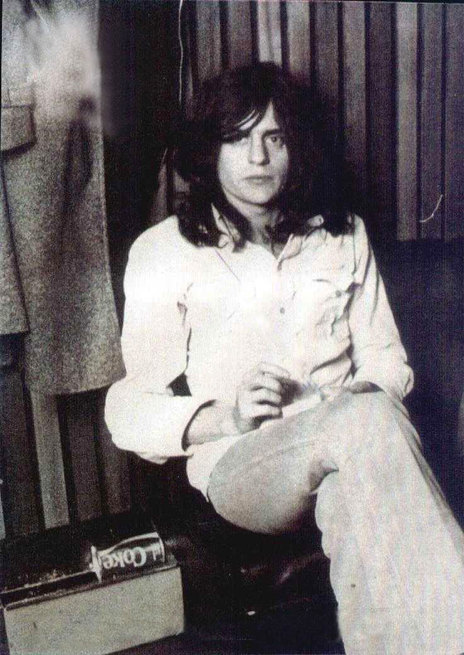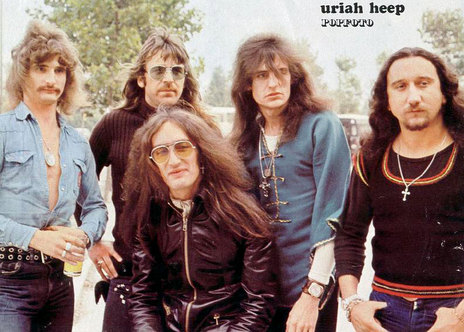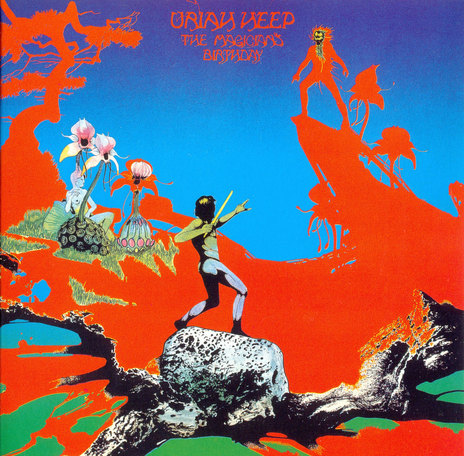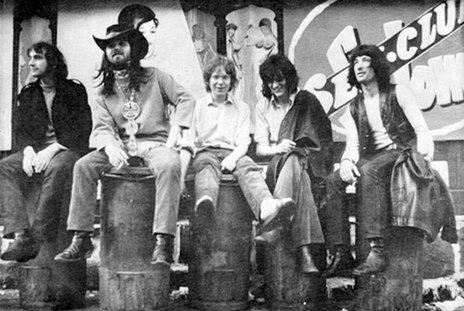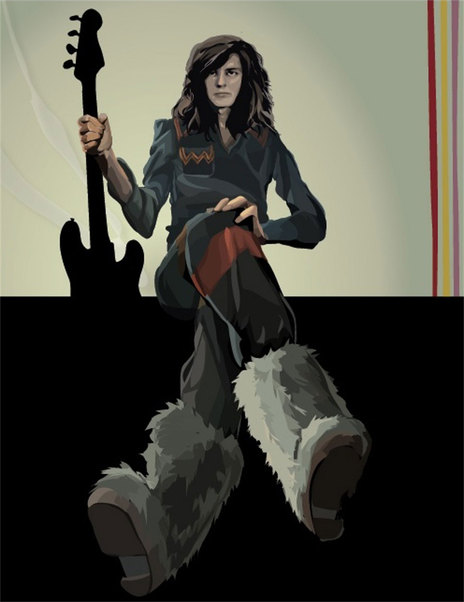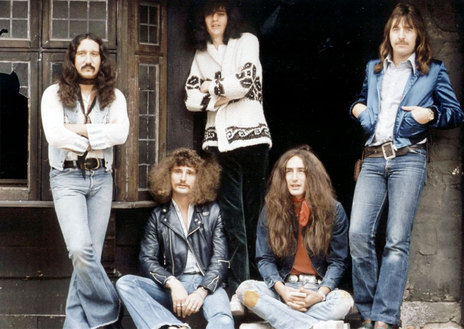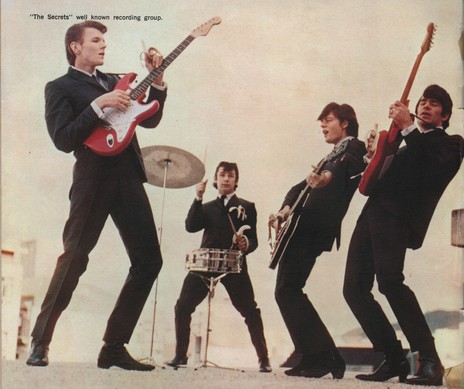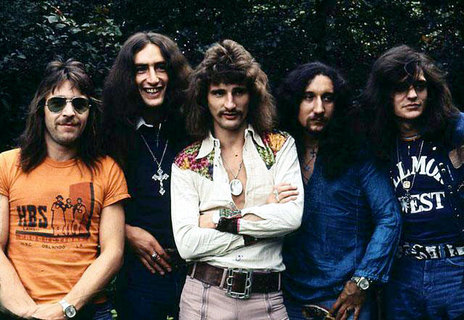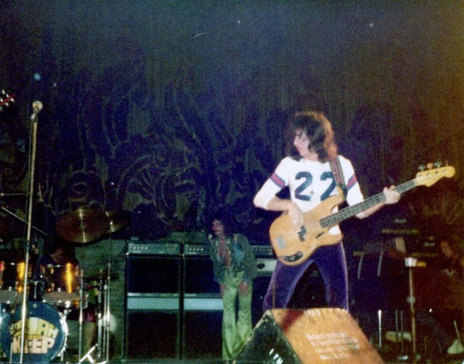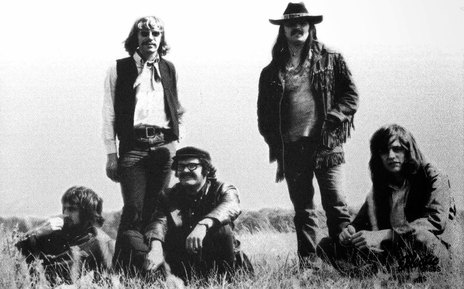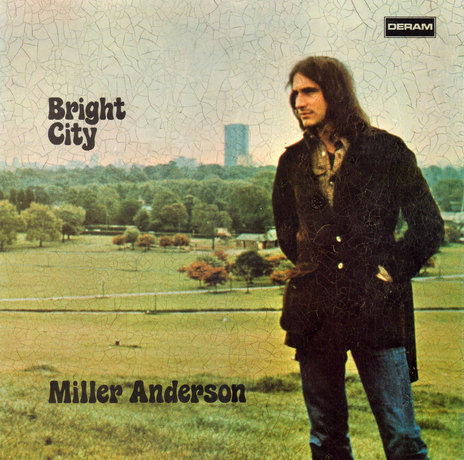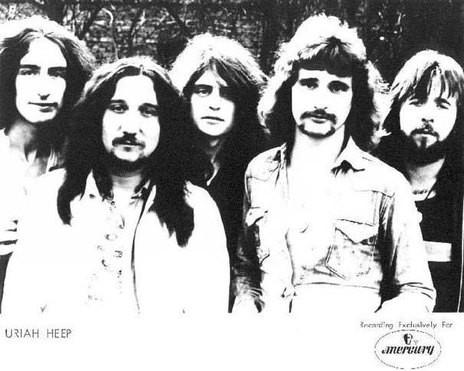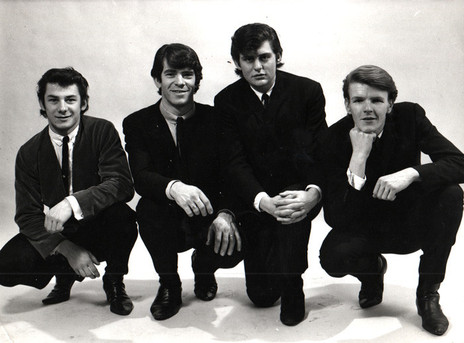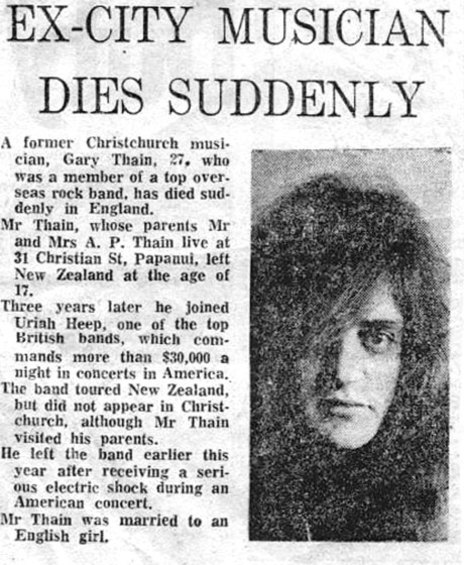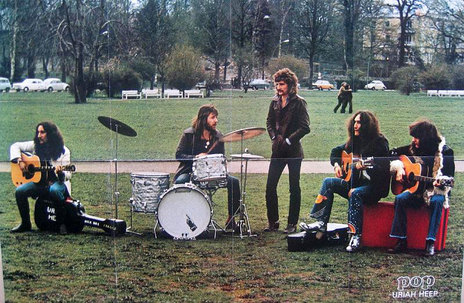Within 18 months fellow band members Paul Muggleston (keyboards and rhythm guitar) and Dave Chapman (lead guitar) returned to New Zealand in the midst of a strenuous German tour of nightclubs and naval bases.
That resulted in Thain and drummer Peter Dawkins forming a replacement unit with Ed Carter from San Francisco on guitar called New Nadir to pick up on their gigs.
Dawkins headed back to London to explore new directions, filled in with various bands, including gigs at The Speakeasy in London, before heading home to New Zealand where his career shifted to music production. His replacement in New Nadir was San Francisco drummer Mike Kowalski.
He worked with EMI in both New Zealand and Australia, helping create a string of hits for The Fourmyula, Mi-Sex and others and then on to Australia where he worked with artists including Russell Morris, Air Supply, Australian Crawl and Dragon.
Back in London, New Nadir picked up work on the blues circuit. They were regulars at top clubs including The Speakeasy, allegedly sharing the stage with Jimi Hendrix on several occasions.
Session player demands
By the time Carter and Kowalski left to become the rhythm section of The Beach Boys early in 1969, Gary Thain was already in demand as a session player.
The waif-like bassist played alongside notables Mick Taylor, Aynsley Dunbar and drummer Keef Hartley on recordings for Champion Jack Dupree.
In February under the name Wallace Tring, the waif-like bassist played alongside notables Mick Taylor, Aynsley Dunbar and drummer Keef Hartley on recordings for Champion Jack Dupree, the New Orleans boogie-woogie bluesman who’d been living in Europe since 1958.
Thain was again seen in prestigious company backing American singer, playwright and actress Martha Velez on her Friends and Angels album. Alongside Hartley and Thain were luminaries Eric Clapton, Paul Kossoff and Stan Webb on guitars, Brian Auger and Christine McVee on keyboards and Hendrix’s drummer Mitch Mitchell.
Next we hear of Thain he’s a full-blooded member of The Keef Hartley Band, which had just signed to Decca. Fresh from John Mayall’s Bluesbreakers, Hartley had pulled together a big brassy jazz-rock unit with singer-guitarist Miller Anderson. Thain, says Hartley in the liner notes of their first album, is “a real treasure”.
The Keef Hartley Band was one of the few British units to appear at Woodstock where they were compared favourably with Blood Sweat and Tears. They released five albums and a string of singles between 1969 and 1973, all featuring Thain.
The Keef Hartley Band had toured with Uriah Heep in 1971 and in the middle of their American tour in February 1972, Thain received a phone call from keyboardist Ken Hensley asking him to replace Mark Clark.
Dickens of a job
The band, with its heavy rhythm section, driving guitar riffs and multi-tracked vocal harmonies, adopted its name in 1970, the 100th birthday of Charles Dickens. Uriah Heep, taken from a David Copperfield character, seemed to sit well alongside the metal superstars of the time: Deep Purple and Black Sabbath.
Mick Box on guitar and singer David Byron had been joined by Hensley while recording their debut album Very ‘eavy Very ‘umble. The follow up album Salisbury further cemented their reputation as rock heavyweights.
After their 1971 album Look at Yourself, with its trademark mirror cover, the band settled on drummer Lee Kerslake and with Gary Thain on board a few months later, they had their dream rhythm section.
According to the liner notes for Demons & Wizards, in progress when Thain joined, the band was now “completed’’ and within four months the new album was on the streets.
The singles 'The Wizard', which Clark played on, and 'Easy Living', the first outing for Gary Thain, gave the international success they’d been courting. The album stayed on the British album charts for 11 weeks.
Only six months later another LP, The Magician’s Birthday, hit the streets. The band was in serious demand and management were pushing them hard.
An insane pace
Uriah Heep guitarist Mick Box told me by phone from London that the pace was insane and band members thought they were living the high life; limousines to ferry them wherever they wanted and a rider for crates of top shelf booze to be delivered backstage at all concerts.
Thain’s migration from happy pills to harder drugs went unnoticed until his fellow musicians became aware he was moving into a different headspace. “Initially you had no idea he was doing anything then hello, something’s adrift here.”
Uriah Heep played three German shows in 1973 without Box who was ill. At the end of those shows bass player Thain was literally on his hands and knees stating he would never again perform under those circumstances.
When Box returned to the fold he witnessed the toll it had taken on his friend. “It was just go, go, push, push, where do we go next, what do we record next. It was a gruelling schedule and at one point Gary actually shouted at management. ‘I’m not going any further … I need to go back to New Zealand and see my family’. He had to kick up such a fuss until people listened to him.”
During his brief visit home Thain caught up with family and friends, was interviewed on the regional TV station in Christchurch, visited his old teacher at Xavier College and turned up at Mojos nightclub where he showed Dick Watson from Chapta the bass lines from Demons & Wizards. He also caught up with former bandmate Paul Muggleston who was doing a midnight to dawn DJ shift on local radio.
Hensley’s cocaine addiction, singer Byron’s alcoholism and Gary Thain’s heroin habit were a recipe for disaster.
In July 1973, Thain was back with Uriah Heep as they headed to Chateau d'Heronville in France to record the Sweet Freedom album, which ultimately peaked at No.18 on the UK charts. The single 'Stealin’', still considered a classic today, was banned in the US; the lyric "I done the rancher’s daughter" was just a little too raunchy.
That was the least of their problems. Hensley’s cocaine addiction, singer Byron’s alcoholism and Gary Thain’s heroin habit were a recipe for disaster, particularly when combined with increasing pressure to perform.
“It was like nine months on the road, three months in the studio … it was chaotic with little time for family life or resting. Nobody can work at that level for long … that was a real mistake by management,” says Box.
The band recorded Wonderworld at Munich’s Musicland Studios in January 1974 where internal tensions escalated along with serious concerns about Thain’s health.
Shocking intervention
During their US tour to support Wonderworld, Uriah Heep were playing the Moody Coliseum in Dallas Texas, on September 15, 1974, when something went terribly wrong.
Witnesses say the band was in full swing with Box hitting his stride with the heavy guitar break of 'July Morning' when the bottom end suddenly dropped from the sound. Thain, normally very active on stage, stood deathly quiet and then began jerking wildly.
Within seconds he fell face first on top of his bass guitar. Blue smoke began pouring out of his amplifier and the band stopped mid-song.
Within seconds he fell face first on top of his bass guitar. Blue smoke began pouring out of his amplifier and the band stopped mid-song.
Paramedics were called but by the time they arrived Thain was back on his feet, scratching his head as if to suggest he was OK … but he wasn’t. He had severe electrical burns and needed to be hospitalised.
Box says Thain never fully recovered. “It was a dreadful, terrible thing and everyone was concerned for him. One grievance Gary had with management is that he was working hard, doing everything they wanted and they just seemed to want more. They didn’t once ring him to see how he was.”
Thain tried to pick up where he left off but his addiction and his darkening attitude toward management meant he was increasingly unreliable and erratic. He was sacked in January 1975.
“There was an element of inevitability about it. We just carried on … but it was never going to be the same,” says Box.
The band were on the road with a replacement bass player when they heard the news that Gary Thain had died from an accidental drug overdose in the bathtub of his Norwood Green home on December 8, 1975.
Box was devastated but dismisses any hint of suicide. “Gary was too strong minded to have gone down that route.” The coroner’s term was misadventure.
Over three years Gary Thain played 140 gigs around the world and recorded five Uriah Heep albums (four studio, one live). He was a New Zealand legend, having fulfilled his wildest dreams but at the age of 27 he was a rock and roll casualty.
Uriah Heep founding member and guitarist Mick Box considers Gary Thain to have been one of the top three bass players in the world during his time with the iconic five-piece British rock unit. His old New Zealand bandmate Paul Muggleston agrees, saying Thain was “one of the greatest bass players the rock world has ever seen.”
